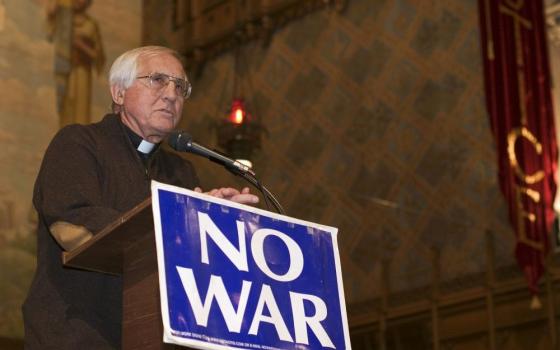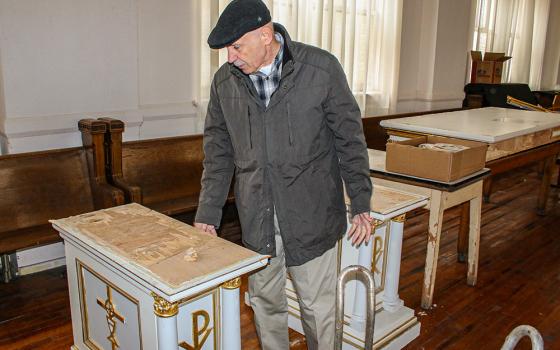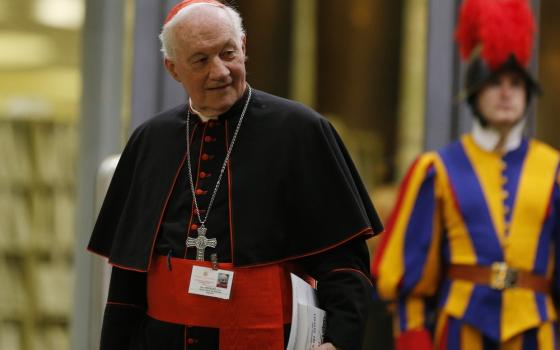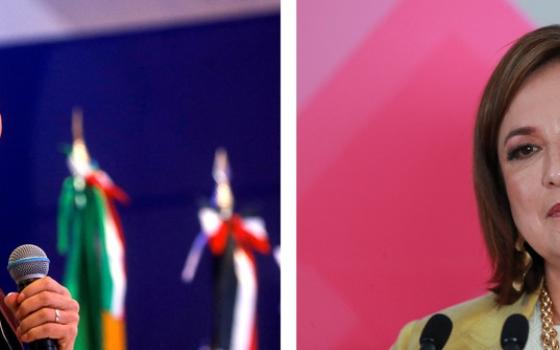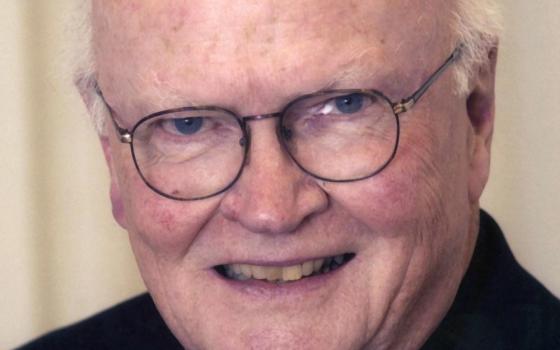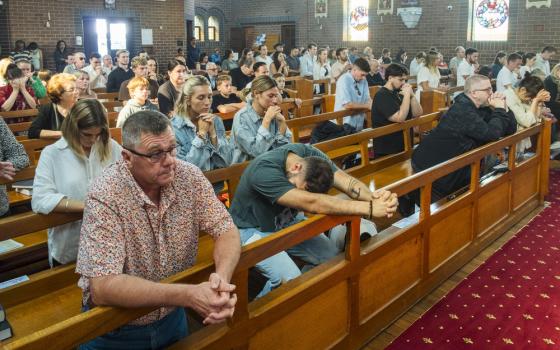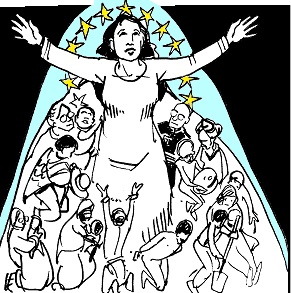
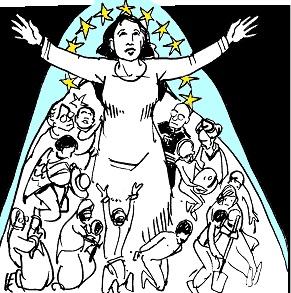
“Mary kept all these things, reflecting on them in her heart” (Luke 2:18).
New Year’s Day
Num 6:22-27; Ps 67; Gal 4:4-7; Luke 2:16-21
In a recent interview, writer Malcolm Gladwell discussed the idea that trust is an anomaly in human evolution, since survival seems better served by distrust. Yet, civilization has evolved because of that anomaly. Community would not exist if people did not trust one another. One factor in this evolution is that the maternal instinct and women’s capacity for empathy helped overcome distrust. (Note: This is a rough approximation of the interview as recalled).
We begin the New Year liturgically by celebrating the role of Mary as the human mother by which God entered the world. Mary not only gave birth to Jesus, she was his maternal parent and, together with Joseph, they were the first teachers and models for his formation as a human being. The so-called “hidden life” of Jesus can only be imagined as a profound period of development, glimpsed in two passages from Luke’s Gospel in which Jesus is described as “growing in grace and wisdom, and God’s favor was upon him" (2:40) and, after his encounter with the scholars in the temple, “he went back to Nazareth and continued to be under their authority…” (2:51).
Twice, Luke tells us that “Mary kept all these things, reflecting on them in her heart” (2:18). There is no record of Mary’s reflections, except as evidenced by her influence on the person that Jesus grew up to be in the Gospels. Like mother, like son, Jesus showed a radical empathy for the poor, the outcast and the oppressed. Mary’s canticle before Jesus’ birth is magnified in his compassion for the weak and the hungry, his commitment to God’s justice, his bold challenge to the powerful, his reliance on mercy and nonviolence in the face of arrogance and power.
As Simeon foretold in the temple, Mary raised her child in the knowledge that contradiction and sorrow awaited them both (2:35). Even as Mary herself surrendered as the “handmaid of the Lord,” Jesus was formed from childhood to take up the role of the “Suffering Servant” of Isaiah.
We begin the New Year in the bright shadow of Christmas, proclaiming the Incarnation as not only a theological mystery but an anthropological breakthrough for humanity redeemed by grace, open to mature development and a divine destiny. Because Jesus was both divine and human, we have a bridge to God. Our human flesh is united intimately to his as both our brother and the firstborn of the new Creation. In Christ, we represent a new humanity sent to exhibit the restored image and likeness of God in a world struggling to advance beyond the self-defeating habits of war, exploitation, tribalism and egoism. At stake is the future of the planet, the peace that is possible with a just distribution of its resources and the renewed building of a genuine global community.
Mary is held up as a sign of hope, a model for maternal instinct and the feminine genius that rejects every form of power except love. Let it be resolved, for only a world that treasures women and children will evolve to claim the future.
Advertisement

